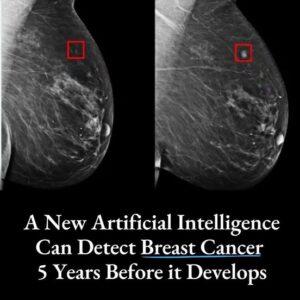In Germany, using AI increased detection rates by 17.6% without raising false positives, proving its potential in real-world screening.
AI is also making strides in predictive medicine. At Weill Cornell Medicine, AI-driven liquid biopsies detected cancer recurrence “months or years earlier than traditional methods,” helping doctors act faster.
Despite challenges like bias and regulatory issues, AI continues to drive innovation. It’s even enabling breakthroughs like personalized cancer vaccines. As researchers note, “AI offers hope for earlier detection and improved outcomes in breast cancer care.”



